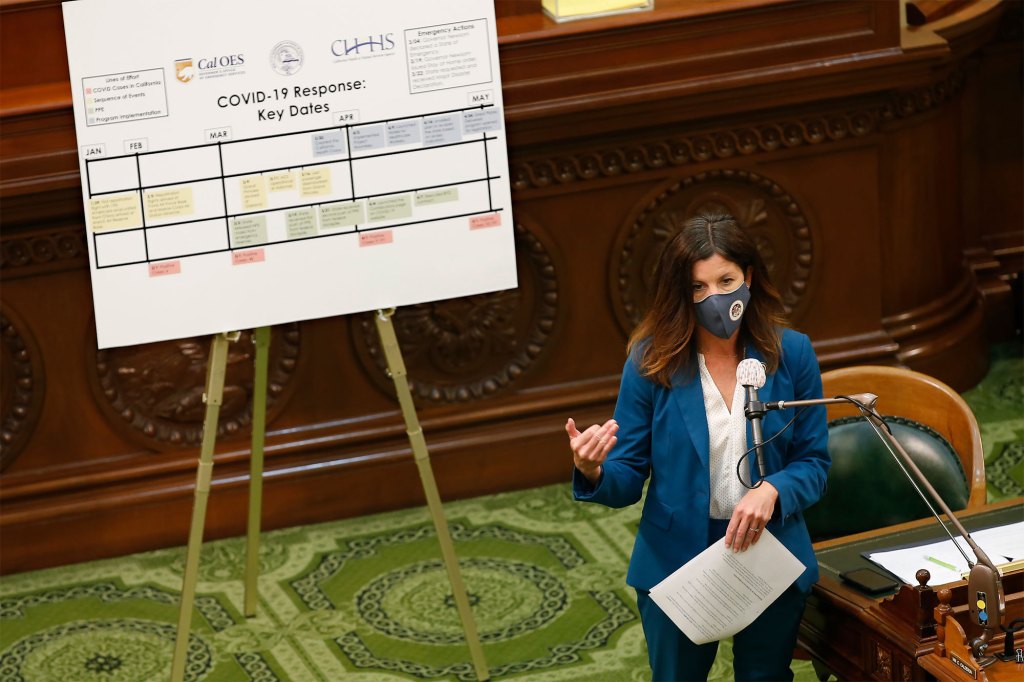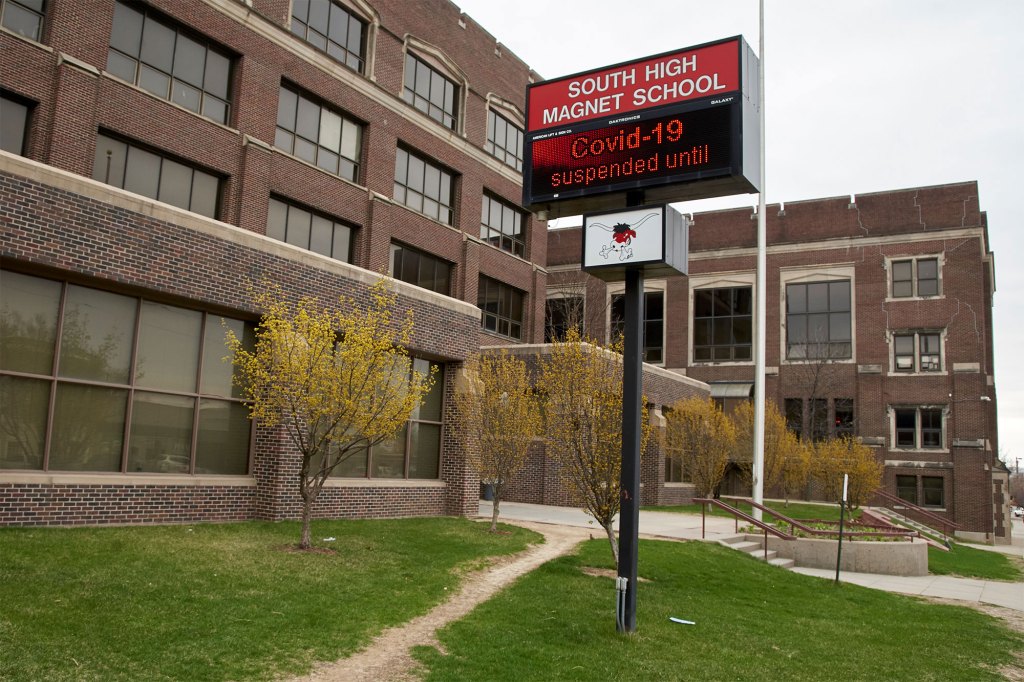More On: COVID-19 relief
Why the billions in fraud were caused by the billions in COVID-19 relief money
Raise your hand if you're surprised that the trillions of dollars spent on COVID-19 relief led to billions of dollars in government waste, fraud, and abuse. I'm not, but you might think that this kind of carelessness with taxpayer money has never happened before based on recent news stories. Sad to say, this kind of waste and fraud are common in most government programs.
When we focus too much on waste and fraud, we miss a bigger problem: A lot of COVID-19 spending that wasn't wasteful or fraudulent was still spent in the wrong way.
People all over the United States panicked when the pandemic hit in March 2020. Everyone seemed to agree that the best thing to do was to give as much money as possible to the country as quickly as possible. So, almost everyone got money through the $2 trillion CARES Act, whether they were married, single, working, unemployed, or ran a small or large business.
Some people did make it more likely that fraud would happen. We were told that there wasn't enough time to take steps that would stop it. But the CARES Act did make the Pandemic Response Accountability Committee, which is a way to keep an eye on things. The committee had a hard job because the relief bill was so big, and it had to wait until the program was up and running before it could even start looking at how much money was being spent. Washington was giving out money quickly, and the committee was pretty much behind from the start.
Then, Congress passed two more bills to help the economy. Together, they were worth about $3 trillion and included extensions of some programs started by the CARES Act. Now, it's clear that a huge amount of the $5 trillion was spent "incorrectly," and some of it was even fraud.
For example, the Labor Department says that at least $163 billion of the $873 billion that was spent on unemployment insurance benefits was spent in error and that not much of this money was recovered. Even worse, a big chunk of the $163 billion was claimed by organized scammers and fraudsters in the United States, China, Russia, and other countries.

All of this fraud and waste is due to the fact that these government programs should have never been set up the way they were. For example, the federal government did the right thing when it increased state unemployment benefits at the start of the pandemic. However, it was irresponsible to increase them by $600 a week. Because of this, 76 percent of the people who got these benefits were better off not working than working. It was also a bad idea to keep the program going long after the economy started growing again.
The same is true of the three rounds of overly generous payments of $1,200, $600, and $1,400 each to people who already got enhanced unemployment benefits or who never lost their jobs. Most of the people who got this money didn't need it. In fact, only 15% of the people who got the first round of checks said they had spent the money or were planning to do so. On top of these checks, there were also other perks.
Marc Goldwein of the Committee for a Responsible Federal Budget said that the end result was that COVID-19 benefits were so generous that a family of five could have gotten $25,000 no matter if the parents worked or not. This spending is not fraud, but it is now helping to make inflation worse.

After that, the money is given to businesses. This spending was a big part of the COVID-19 relief in one way or another. In fact, shareholders got trillions of dollars from the government that they didn't need through the airline bailouts and the Payroll Protection Program. Most of the PPP funding, for example, went to companies whose workers were never at risk of losing their jobs because they were able to work from home.
Lastly, billions of dollars went to state and local governments, including for schools that stayed closed, even though many of these governments' revenue growth was equal to or higher than what it was before the pandemic.
There was definitely some fraud, but that's because the programs were made in the first place to help everyone, no matter what their needs were. The real scandal is this careless "design."
Will the Congress ever learn? I think not, because it's easier to complain about fraudsters than to admit that the whole process, which starts on Capitol Hill, is the real scam.
========




















